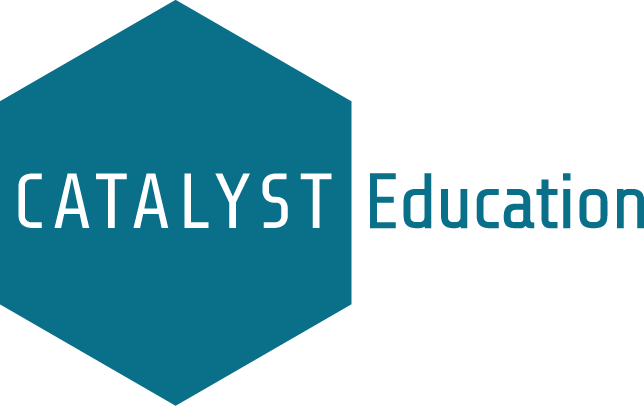Reduce Cheating in Chemistry Lab Courses
As an educator, I take cheating very seriously. I often hear about this pain point from lab coordinators, lab directors, and instructors—especially with the transition to online lab experiences. While teaching at UT Austin, my absolute least favorite part of the job was handling academic integrity issues. Why do students cheat? How can you promote academic honesty? And how can a learning platform like Labflow help reduce cheating?
Students cheat for a variety of reasons: time pressure, fear of failure, lack of understanding, and a low chance of getting caught, just to name a few. As courses have transitioned to the online environment, instances of cheating have increased. Why? For starters, it’s easier than ever to cheat. And without the personal relationships that form between students and instructors during traditional in-person learning, students rationalize reasons to cheat.
There are also various ways students may cheat. Some students pay others to do their work, some utilize file sharing sites to copy work, and some turn to answer sites to quickly access question answers. Many answer sites, like Chegg, offer students opportunities to cheat on quizzes, homework, and lab reports. Content can be removed from these sites, but it does require some effort. Here at Catalyst, we dedicate around eight to 10 hours per week removing content that could aid in student cheating. Just over the last term, we’ve removed more than 3,000 lab reports from these file-sharing sites!
One way to curb student cheating is by promoting academic honesty. By educating students about what is considered cheating or plagiarism, being clear about policies, and outlining consequences, students can gain awareness and know where you stand on this matter. Another step is to make cheating too much work. If cheating requires effort, students who may have been tempted will be likely to avoid the steps they would need to take in order to cheat. Randomization and updated assignments from course to course are used by some faculty to prevent students from cheating.
Over the years, it’s become clear that one of the most powerful ways to prevent cheating is by lowering the stakes on a given assignment. Students are far more likely to cheat on high-stakes assignments and activities, so removing the pressure can remove the desire to cheat. Labflow coaches students as they enter data, perform calculations, and draw conclusions. Our platform also offers students multiple attempts on lab reports so they can learn where they went wrong and improve their score based upon the real-time feedback. This changes lab reports from a summative high-stakes assignment to a formative lower-stakes instructional activity. If an assignment is seen more as a learning exercise, students are more likely to engage with honest effort and less motivated to turn to cheating.
For those students who will still try their luck, Labflow can help make it more difficult for them to cheat. By using randomized data, answer sites will be unable to provide the correct answers for online lab experiences. In addition, students upload their lab notes and calculations in Labflow in their own handwriting, adding a personal touch that can’t be easily replicated. And with our online format, lab reports don’t exist in a single file, which means they can’t be uploaded for students to share or access.
Want to learn more about Labflow and how you can mitigate cheating in your course? Schedule a demo at a date and time that suits your schedule. Take the next step toward improving the lab experience and discover how Labflow empowers instructors and improves student success.

